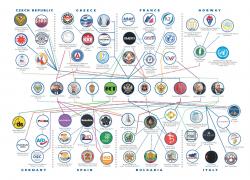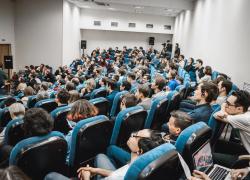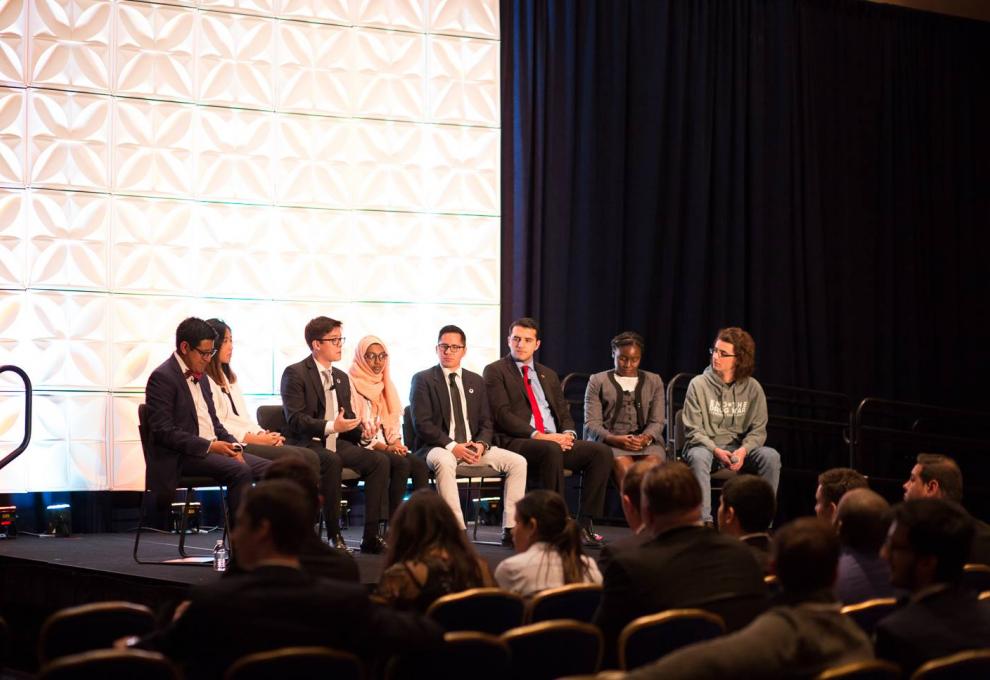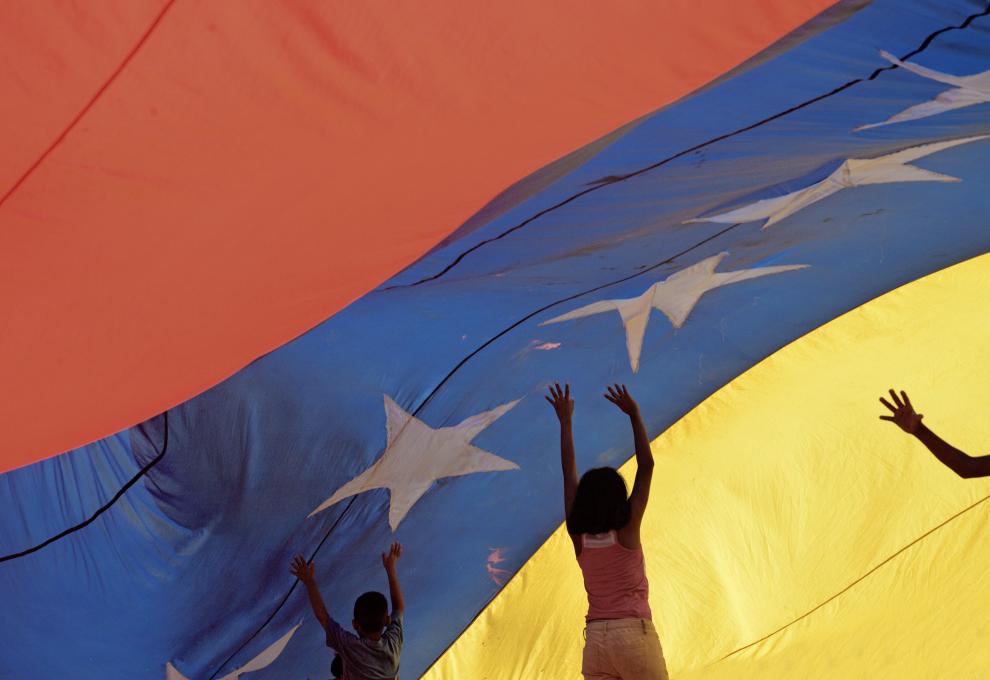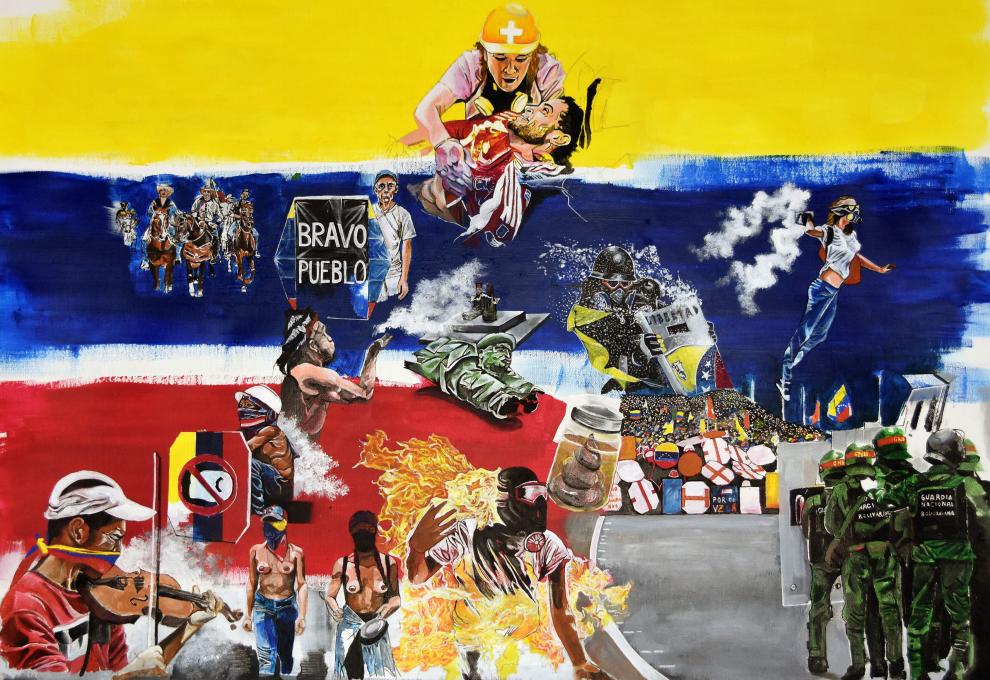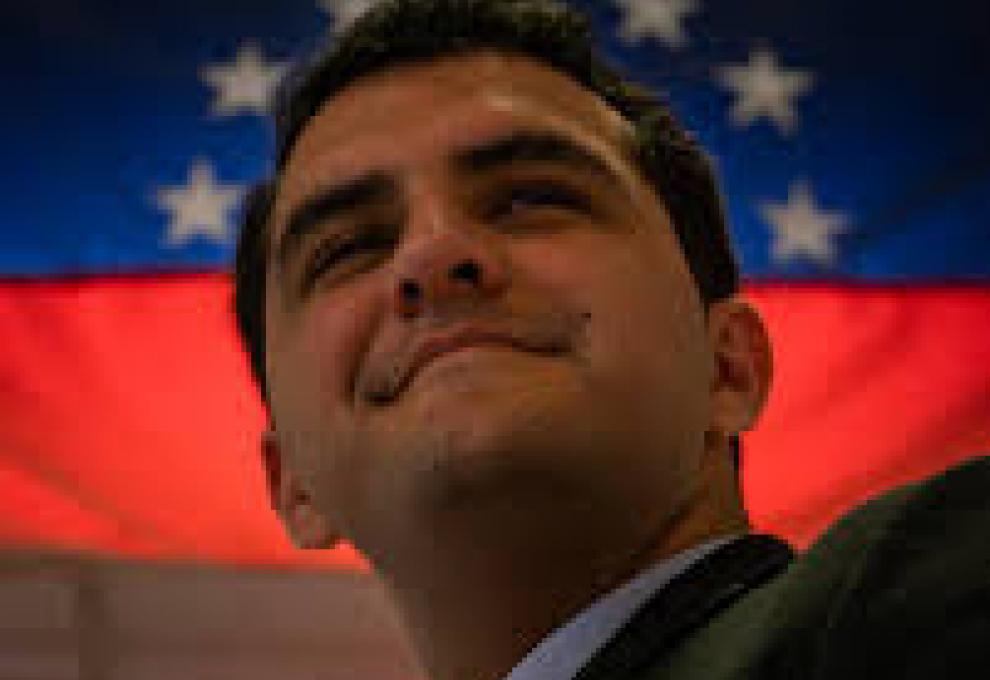The Mental Toll of the Pandemic
For over a year, no topic has been more analyzed and discussed than the COVID-19 crisis, both by academics and scientists as well as by people in their day-to-day lives.
In each of these conversations about the pandemic, there is one topic that stands out above the rest: how deadly this new virus really is – as all of us have a family member, friend, or acquaintance who has been a victim of this tragic disease.
On this subject, the American magazine, The Economist, estimates that COVID-19 is responsible for the death of 10 million people worldwide, people who would be with us today if it were not for the appearance and spread of this new virus. In other words, for literally millions of families, COVID-19 has been nothing less than a tragedy.
Because of this, since day one, governments have focused their efforts on reducing the death rate of their respective countries. Such has been the magnitude of this effort, that practically all the world's economies were paralyzed in March of last year. An unprecedented decision, unthinkable just a few weeks before.
However, I wanted to write this column to discuss with all of you another effect of the pandemic. One much less debated, but just as important: the psychological consequences of the pandemic. Specifically, how the pandemic has led to the rise of a number of mental illnesses such as anxiety, depression, and stress.
On this subject, the Spanish Sociological Research Center (CIS) carried out a qualitative study in March of this year. In this study, the CIS reported a series of alarming statistics. For example, the CIS indicated that 23% of its respondents accepted having felt "quite afraid of dying from the virus," 42% confirmed having suffered from serious "sleep problems" and 6% said they had seen a professional of mental health for symptoms of anxiety or depression.
Beyond Spain, the professor of clinical psychology at the University of Ottawa, Mary Cénat, led a group of experts to study the subject. In their research, published in the scientific journal Psychiatry Research, the group conducted a meta-analysis with data from 55 international studies (with more than 190,000 participants) conducted between January and May of this year. The experts "found that the prevalence of insomnia was 24%, that of post-traumatic stress disorder was 22%, that of depression was 16% and that of anxiety was 15%." According to the World Health Organization (WHO), all these numbers are four or five times higher than the norm.
All of these indicators are very concerning, as illnesses like depression and anxiety can be even more deadly than most non-mental illnesses. From an individual point of view, such illnesses can lead to deliberate self-harm. And from a social point of view, these diseases can cause domestic violence at home, as well as an increase in crime and violence in the streets.
For example, let's analyze the consequences that these diseases will end up causing in the children and adolescents of this generation. In almost every country in the world, children and adolescents have not attended classes in person for more than a year. And many of them, not having the necessary resources to afford a laptop and good internet, have not really learned much in the last year.
By itself, this condition represents a deterioration in the mental health of today's youth, but to this problem, we would have to add the little socialization that these children are experiencing. For this reason, today more than ever we need parents with sufficient mental strength to educate their children not only in the academic field but also in the social and spiritual field.
Therefore, we must address not only the physiological effects of COVID-19 but also the serious psychological crisis that our countries are experiencing – because even though this crisis was aggravated by COVID, it has been brewing for a couple of decades.
On this issue, an initiative focused exclusively on the intersection between mental health and economic development is already forming. It is a committee led by neuroscientists Harris Eyre and William Hynes, formed by the PRODEO Institute and the Organization for Economic Cooperation and Development (OECD).
This committee (to which I am contributing) is developing a series of studies related to the economic impact of mental illness, among other studies.
Currently, mental illness is estimated to cost about 4% of the world's gross domestic product. However, this cost will only continue to rise over the years, not only due to the increase in diseases such as depression and anxiety but also due to the transformation that our economies are experiencing.
Regarding the last point, this transformation is known in the United States as a transition towards a Knowledge Economy, a term that simply seeks to illustrate that our economies are less and less dependent on material capital and more on our knowledge and cognitive abilities. I.e., economies are nowadays less dependent on big capital and more on our ability to innovate, as well as to generate "ideas" that can change the world.
To see a clear example of this transformation, you only need to see which are the most successful companies today. Amazon is the largest store in the world and began as a virtual bookstore. Facebook is valued at hundreds of billions of dollars and was created by a college student in his dorm. And Uber is the largest taxi company in the world, without owning a single taxi.
Nowadays, the most-watched videos in the world are not produced in Hollywood, but in the apartment of some "YouTuber." The top-selling restaurants do so through food delivery apps. And the best travel agencies don't have a single office. In summary, today, our greatest asset as a society is not in our land or underground, but in our brains, in our knowledge.
It is there where our future as a society is, in our ingenuity. That’s what will decide how far we can run as a civilization. For this reason, my invitation is to not only focus on our mental health individually, through exercise, meditation, order, and introspection but also collectively, supporting government and civil society initiatives that seek to study and propose solutions to these types of problems.
By Jorge Jraissati
Jorge Jraissati is the president of the Venezuelan Alliance. Graduated at the Wilkes Honors College, Jorge is an economist, political leader, and a fellow at the Abigail Adams Institute. Jorge has been invited as a guest lecturer to over 20 universities, such as Harvard, NYU, and Cambridge.





